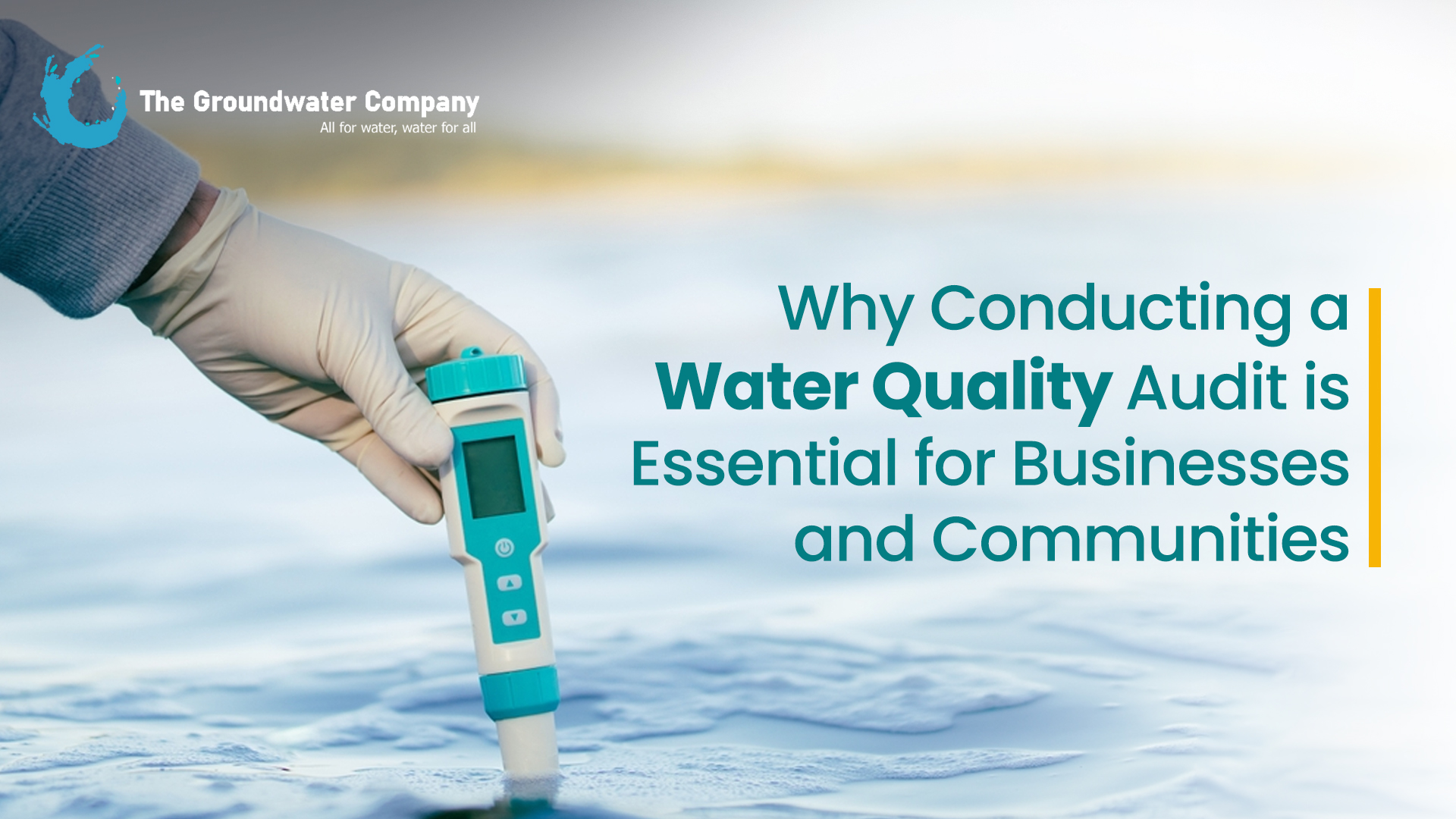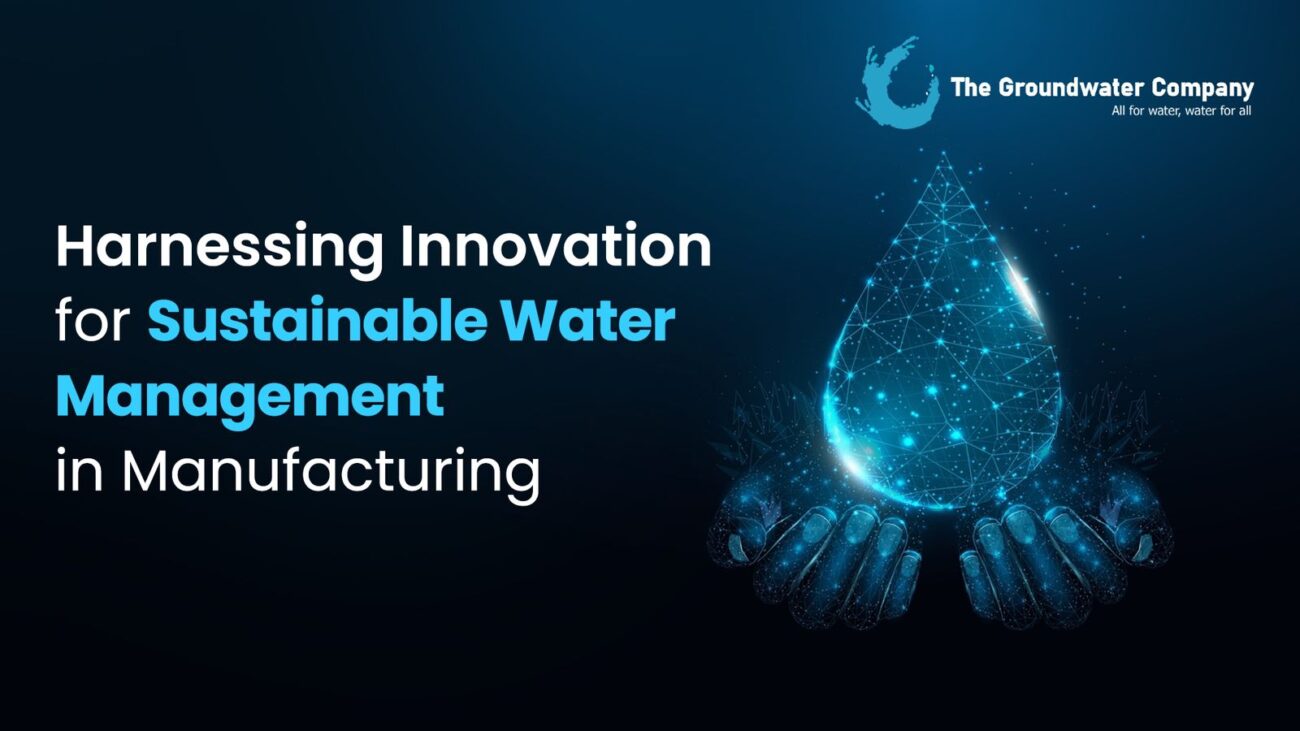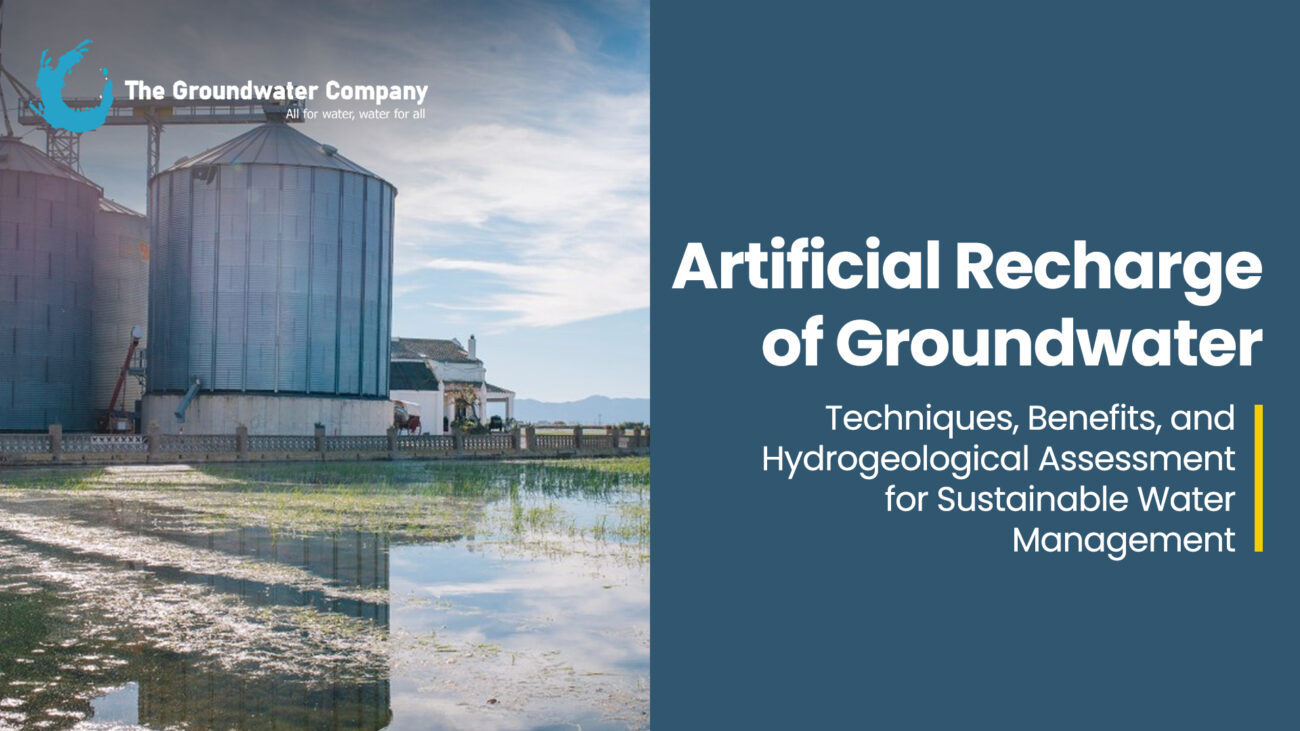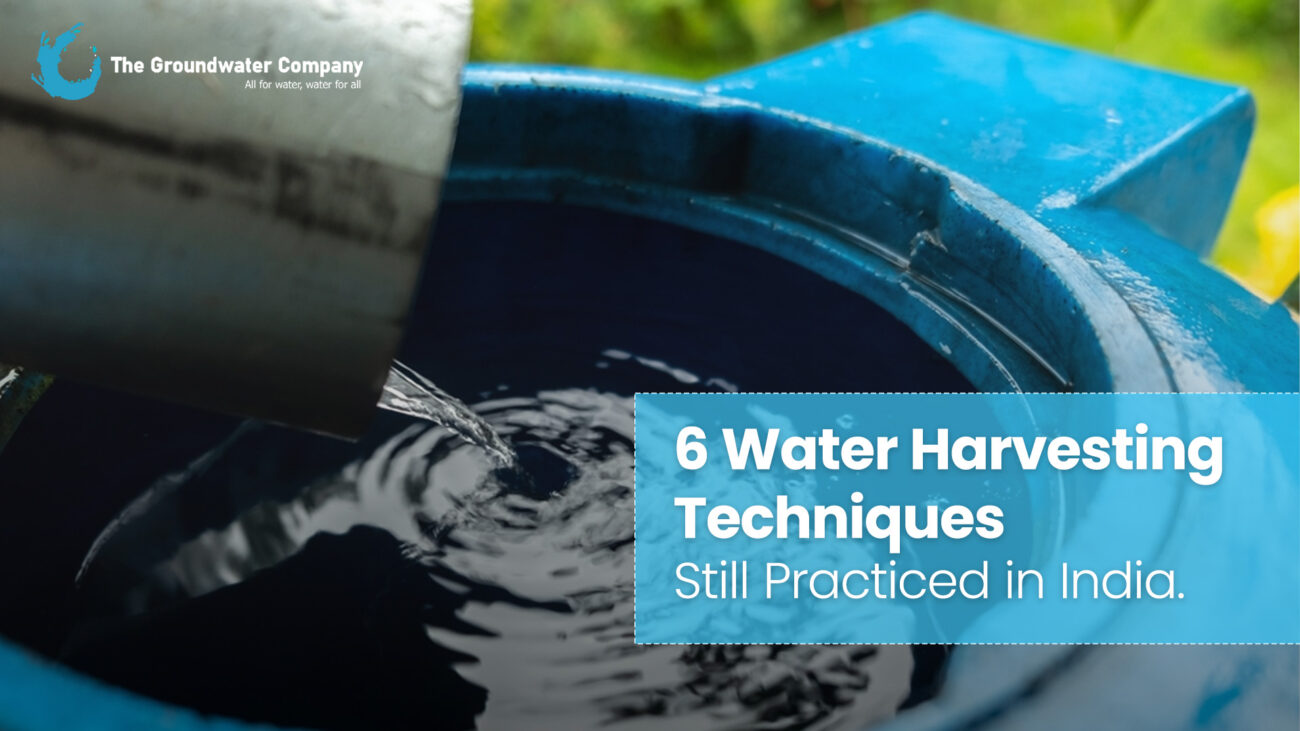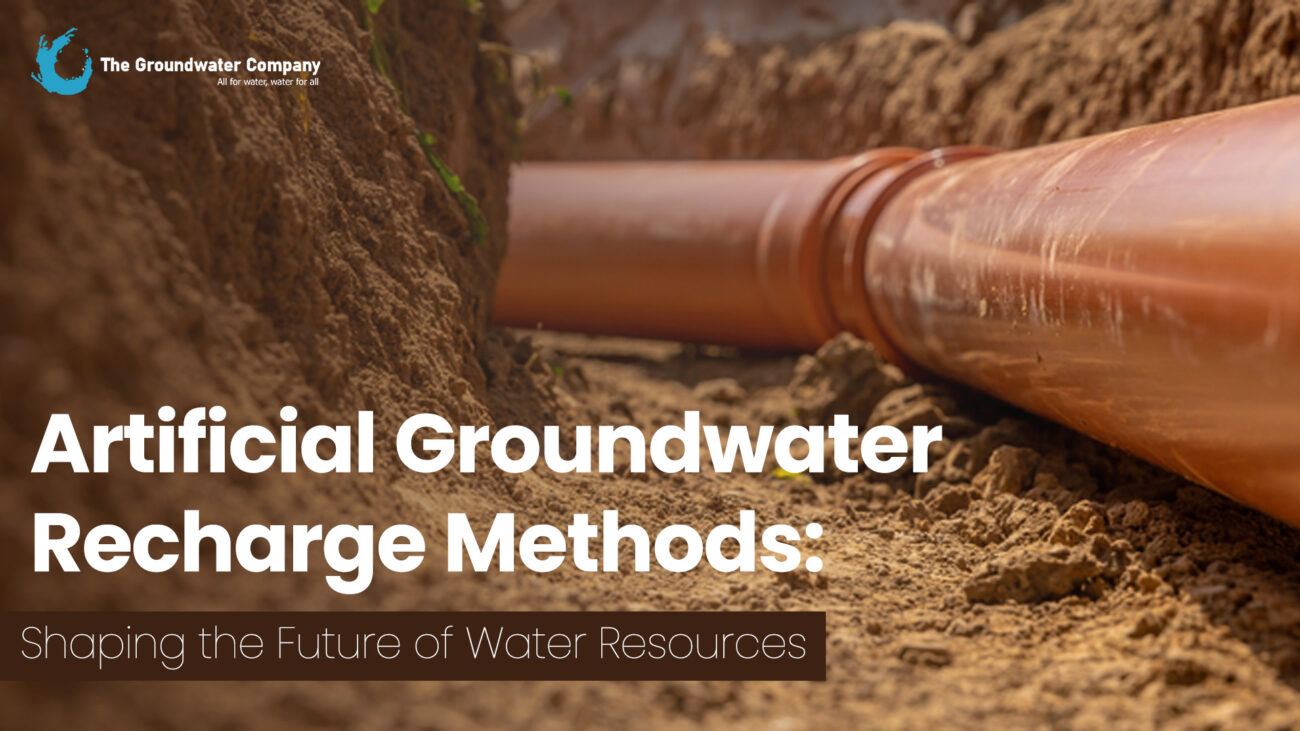In today’s world, where water scarcity and pollution are rising concerns, ensuring the quality and management of water resources is vital for both businesses and communities. Conducting a water quality audit helps organizations assess their water usage, identify areas of inefficiency, and take steps to maintain safe and sustainable water sources. This blog will delve into the significance of a water audit and how it can benefit various sectors, particularly in India, where water conservation is becoming increasingly crucial.
What is a Water Quality Audit?
A water quality audit is a comprehensive assessment of water consumption, water quality, and water management practices. It helps identify potential contamination sources, water loss, and the overall balance of water usage within a system. By auditing the water cycle from sourcing to disposal, businesses can make informed decisions about water reuse, wastewater treatment, and conservation.
The Importance of Water Quality Monitoring
Water is essential to every facet of life, from industrial applications to household use. However, poor water quality monitoring can lead to severe health risks and environmental degradation. According to the Ministry of Water Resources, around 70% of India’s water is contaminated, and 600 million people face extreme water stress. Water monitoring ensures that the water being used is free from harmful pollutants and meets the necessary safety standards. This is particularly important for industries such as food and beverages, pharmaceuticals, and manufacturing, where water quality directly impacts product safety.
Causes of Water Pollution
The causes of water pollution in India are varied, ranging from industrial discharge to agricultural runoff and untreated sewage. Industrial waste is a major contributor, with hazardous chemicals and heavy metals often making their way into rivers and lakes. Furthermore, inefficient wastewater treatment systems result in untreated water being released into natural water bodies, exacerbating pollution. A regular water audit helps identify the root causes of pollution, enabling businesses to address these issues at the source.
Did You Know?
- India accounts for 16% of the world’s population but only 4% of its water resources.
- Nearly 40% of India’s population is expected to face water shortages by 2030 if urgent measures are not taken.
The Role of Water Balance Audits
A water balance audit examines the inflow and outflow of water within a facility or region, creating a water balance equation to identify discrepancies between water input and output. This is crucial in detecting water loss, whether through leaks, evaporation, or inefficiency in water management systems. Once identified, corrective actions can be implemented, leading to significant cost savings and better water reuse strategies.
Environmental and Water Conservation Audits
An environmental audit often goes hand in hand with a water audit, ensuring that water usage is environmentally sustainable. In a country like India, where water conservation is critical due to growing demand and shrinking resources, audits encourage practices like rainwater harvesting and the implementation of water sampling methods to ensure compliance with water quality permits.
Water conservation is not just about cutting down on usage; it’s about smart water management. Industries can play a significant role by using innovative technologies to recycle water and reduce wastage.
Interesting Fact:
- Implementing effective water management in India can reduce industrial water consumption by up to 30%, according to the Central Water Commission.
How Water Treatment Companies Can Help
Collaborating with water treatment companies and water solution providers can help businesses achieve their sustainability goals. These companies offer advanced solutions, from improving water quality permits to designing efficient water treatment and reuse systems. By ensuring safe water quality, businesses not only comply with regulations but also contribute to the larger goal of environmental sustainability.
Conclusion: Take Control of Your Water Resources
Conducting a water quality audit is not just a regulatory requirement but a responsible step toward ensuring safe and sustainable water usage. Whether you’re managing an industrial facility or a residential community, understanding your water balance equation and implementing effective water management practices is crucial for the long-term well-being of the environment and your operations.
Ready to secure the future of your water resources? Contact Ground Water Company today for expert water audits and tailor-made water solutions!


